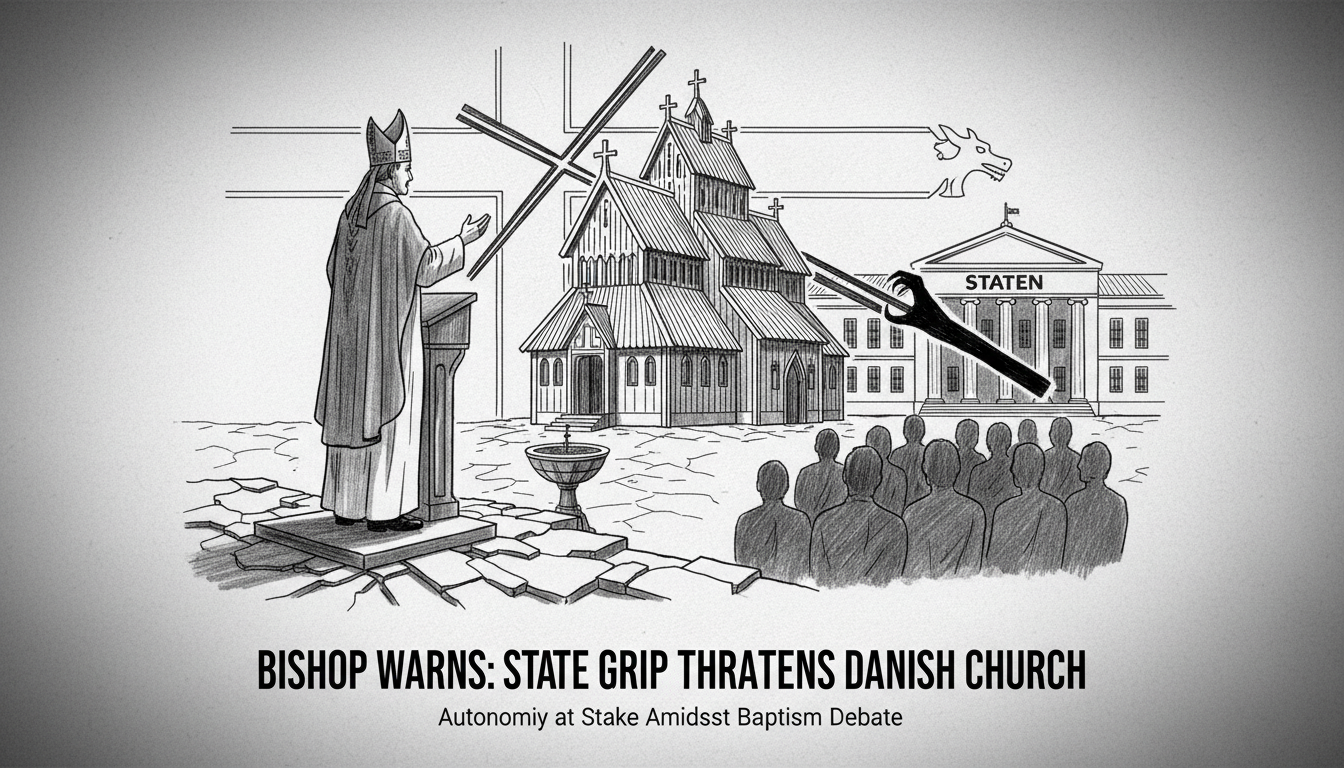A prominent Danish bishop has raised alarms about growing government influence over the country's national church. Bishop Marianne Christiansen expressed deep concerns about state interference in religious affairs during recent statements. She advocates for stronger legal protections for church autonomy. The bishop believes baptism practices and other religious ceremonies should remain church matters. These concerns highlight tensions between religious institutions and government authority in Denmark.
The debate centers on whether the state should determine church policies and practices. Bishop Christiansen argues for codifying church self-determination in national legislation. She fears current trends could lead to full nationalization of religious institutions. This would fundamentally change Denmark's church-state relationship. The bishop's warnings come amid broader discussions about religious freedom in Scandinavian countries.
Political leaders appear resistant to legislative changes protecting church independence. A spokesperson for the Social Democratic party dismissed the likelihood of such reforms. This political stance suggests continued government oversight of religious affairs. The situation reflects Denmark's unique church-state model where the Evangelical Lutheran Church receives state funding. This financial support often comes with governmental expectations and requirements.
Denmark's integration policies frequently intersect with religious practices. The baptism debate connects to larger questions about cultural identity and assimilation. Many immigrant communities view religious ceremonies as essential cultural traditions. Government control over these practices could affect integration outcomes. Community centers in Copenhagen report religious ceremonies help maintain cultural connections for new Danes.
Statistics show religious participation remains important for many Danish residents. About 74% of Denmark's population belongs to the national church. Religious ceremonies like baptisms mark important life transitions for families. These traditions hold particular significance for immigrant communities establishing roots in Denmark. Municipal integration programs sometimes struggle to balance cultural preservation with national cohesion.
The current debate mirrors similar discussions occurring across Nordic countries. Sweden and Norway have faced parallel questions about church autonomy. These nations share historical Lutheran traditions with varying state relationships. Denmark's situation differs somewhat due to its specific constitutional arrangements. The outcome could influence church-state relations throughout the region.
Religious leaders worry about political interference in theological matters. They argue baptism represents a sacred rite rather than a political statement. The ceremony's spiritual significance should transcend governmental oversight according to church officials. This perspective contrasts with some political views of religious practices as integration tools. The tension between these viewpoints continues unresolved.
International observers watch these developments closely. Denmark's approach to religious freedom often influences other nations' policies. The country's reputation for progressive social policies adds weight to these discussions. How Denmark balances state interests with religious autonomy could set important precedents. The bishop's warnings highlight ongoing negotiations between tradition and governance in modern societies.
Community organizations report mixed reactions to the potential changes. Some immigrant advocates support maintaining religious independence. Others see value in standardized practices across Danish society. These differing perspectives reflect the complexity of integration in multicultural nations. The debate continues without clear resolution in sight.
Religious ceremonies remain central to many Danes' cultural identity. Baptisms, confirmations, and weddings provide community connection points. These traditions help bind diverse populations together through shared experiences. The current controversy underscores how deeply religious practices intertwine with national identity. Their future treatment will likely shape Danish society for generations.

